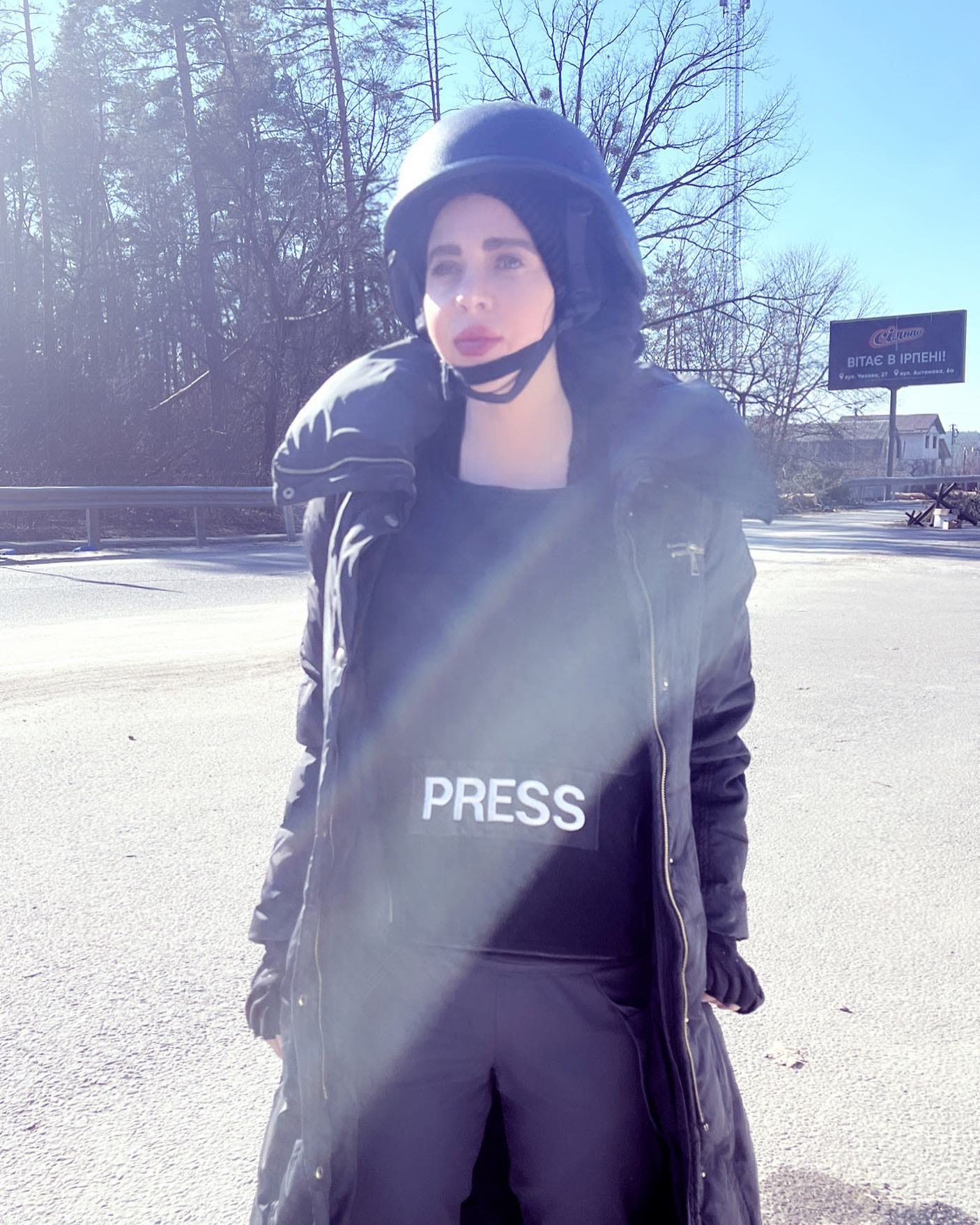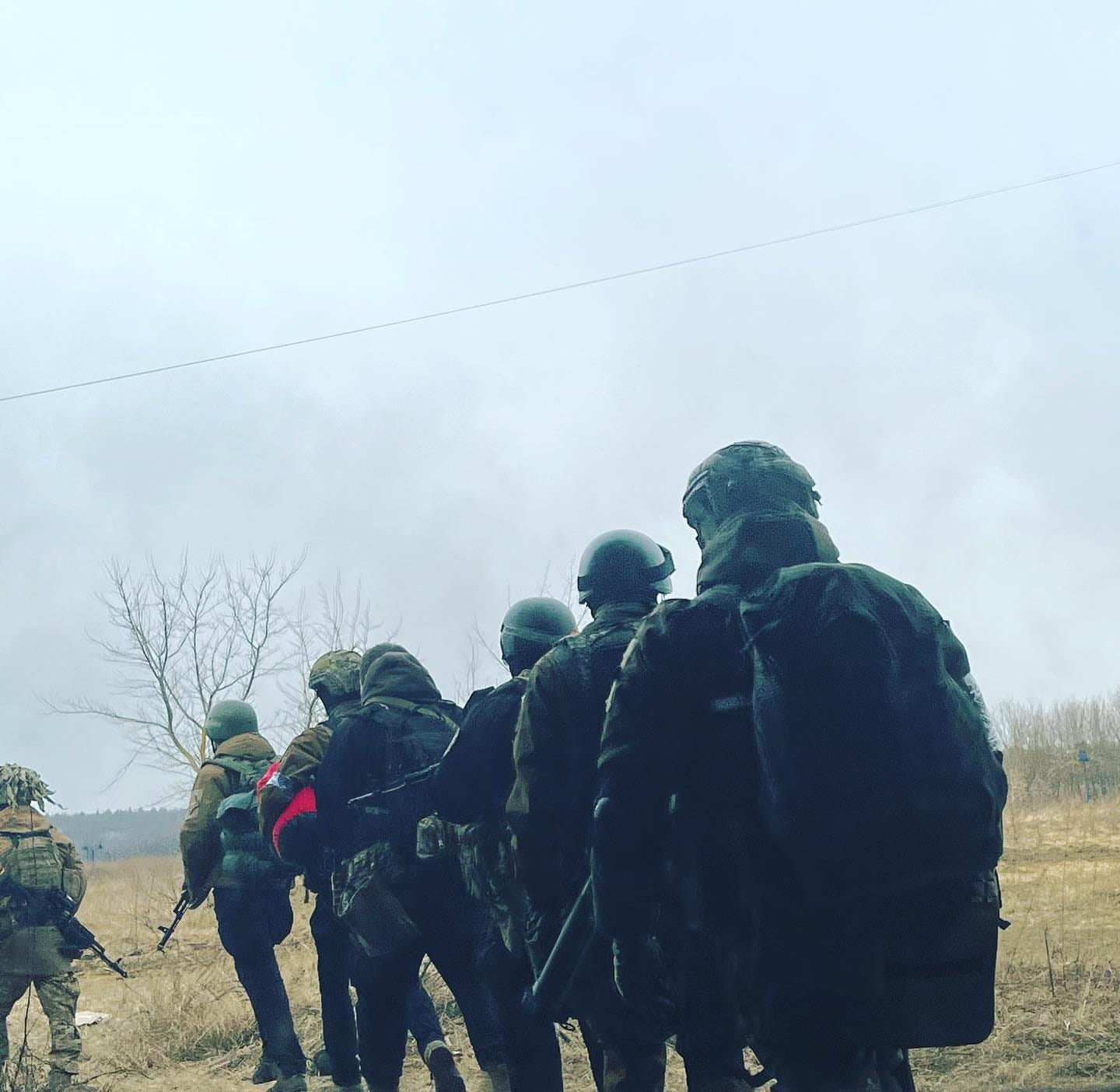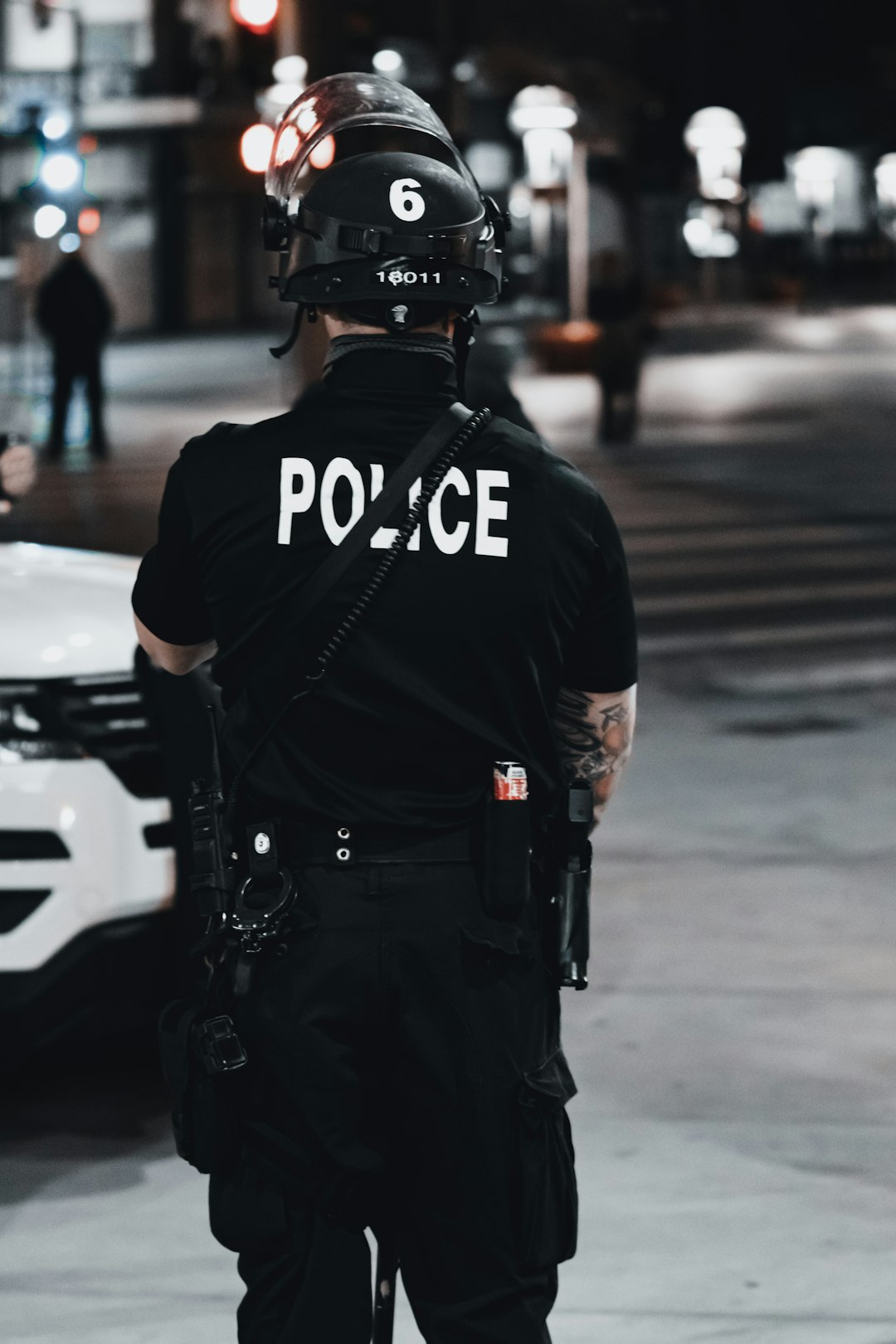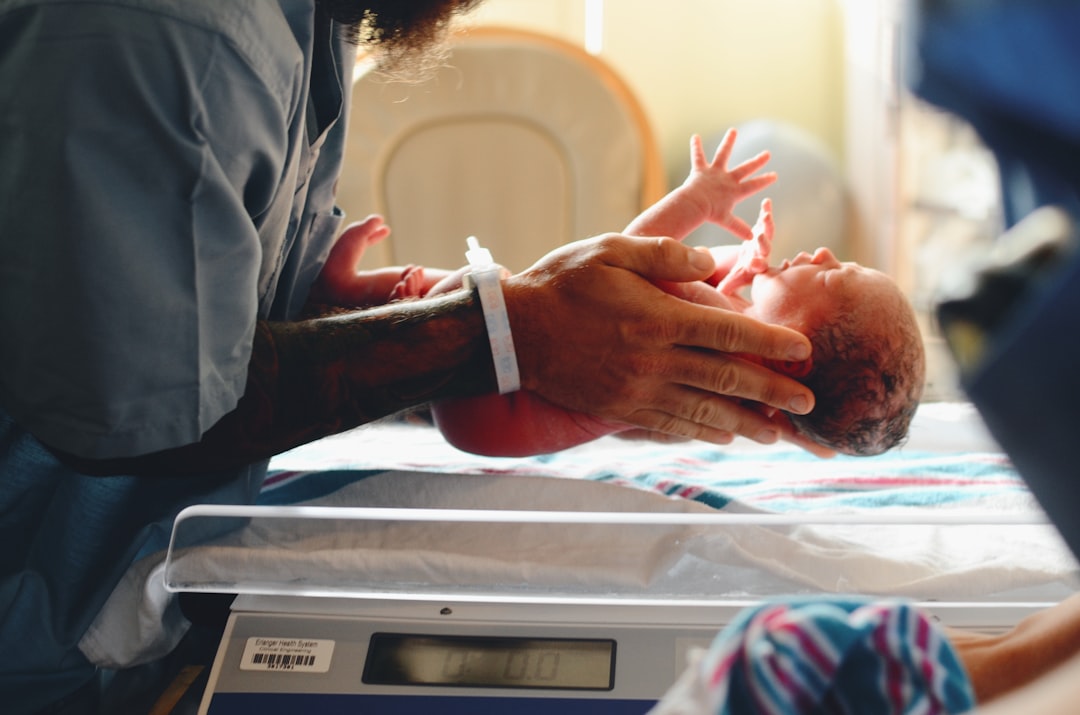Hello and welcome back to another edition of dispatches from Ukraine with Hollie McKay. Today, Hollie is going to be answering some questions that were posted on the Internet. How are you today, Hollie?
Hi, I'm doing well. How are you?
Quite good. Our first block of questions is from people that are asking about the morale of Ukrainians.
What's the general feeling among men who have been forbidden to leave the country? Is morale suffering because of what is essentially conscription? Is there any animosity from the Ukrainian soldiers to those who would rather leave?
I think men in Ukraine are very aware of their responsibility and very willing to fight for their country or do whatever is necessary. And that's not always necessarily being a fight, but joining, you know, being a volunteer, or joining a territorial defense force, or just being available for conscription.
You know people can use different skills, whether it be a medic, whether it be a driver, whether it be someone who cleans the guns or cooks the food. So, there are a lot of very pivotal roles that people here can do that aren't necessarily being, you know, out on a frontline. You can manage a checkpoint. There are just so many things and men are just everywhere, just very willing and want to take on this kind of responsibility.
Of course, there are people who don't see themselves as military types who have tried to leave or wanted to leave. There certainly is that. But I think it is important to remember that there are many roles that that are required of people and that's why they need to stay. Most are willing to take that on.
One friend of mine here. She said to me she was very upset with certain people she knew that we're trying to leave. Certain men that were trying to pay their way out. She said, when she this is over and she goes back to into dating, it's really going to matter to her where the men were during this time.
If she finds out that they went to Poland, or that they were hiding in a house somewhere, or weren't playing an active role in protecting their country, then that is a big red flag for her. I think there probably will be a lot of women that will follow in her lead on that.
How are the young children handling this situation?
I think it's an incredibly difficult thing. I think we're looking at probably at least a million and a half children that have already left the country and then definitely hundreds of thousands if not millions that are displaced within the country.
But that you know it still leaves a lot. Many more millions of children that are here and having to live through this war knowing that there really aren't too many safe places to be in.
It's dumb, you know. I can’t begin to imagine what that must be like for children to have their lives upended so quickly. Each child really deals with that in their own way. I've certainly seen children who you know, I was in a medical tent of evacuees and there was a mother that was very traumatized. She had a little toddler, and the toddler just spent the entire hour unpacking the yogurt boxes and then repacking them; and she thought that was the funnest, most delightful thing in the world. So, she seemed to be to be coping with it.
But then you'll meet other children that are the same age around five or six that are just absolutely a mess. They're in tears. They don't know when they'll see their dad again. The mother is obviously extremely distressed. It's an incredibly upsetting and confusing situation. I think we don't look at the psychological impact in the middle of the firestorm because, really, right now the war is just taking off, and it's all about survival. But certainly, the aftermath is going to be horrific.
Last question on the morale side. What's the expectation of Ukrainians about what will happen if Russian troops arrive in Kiev?
I think at this point Ukrainians are very strong in believing that their armed forces are going to be able to hold out Ukraine, at least from the ground. They're very determined that however long this war goes on that Ukraine will win, that they will not live under Russian occupation; and so, they certainly have a strong morale and willpower in that. But I'm sure there is certainly a lot of fear that comes with that. A lot of the unknowns. A lot of it is just very unclear when, if, how Russians will try to take the capital. If they will adopt a similar approach as they have in other cities, like Kharkov and Mariupol where they just decimated those areas and instilled a policy of fear where you just terrorize the population to the point of starvation. It's cold. They're hungry. There's no water. There's no electricity. There's no food. And then they feel at some point the Russian occupiers come in, and they feel that this is their only chance of some sort of survival is this, you know, quasi aid that the Russians probably stole from the local grocery store. And that is their way to coopt them when people are desperate.
So, I think there's just a lot of fear and a lot of unknown. Right now, it just comes down to just putting faith into the military sources and just hoping and praying for the best; because at this point, they know that they aren't any match to the Russians in terms of airpower. Certainly, on the ground, I think Ukrainians that are absolutely doing their best to hold out; but it's an incredibly difficult task, and you're already seeing a lot of the smaller cities around Kiev in the oblast that have fallen to the Russians.
Let's turn to the warfighting then. There's one question from donjuanfit. It says, “Haven't heard much reporting about the Ukrainian Army combat actions. Are there any reports of Ukrainian armored units in contact with Russian troops? Or are the majority of engagements from the Ukrainian side mostly insurgency type?
Sorry, could you repeat that a little bit there's a lot of questions.
The main question is from that is what types of engagements are the Ukrainians doing in terms of their fighting with the Russians?
It really depends place by place. It Is a very conventional war. This is a very 20th century war being fought in the 21st century -- if you will. There isn't really a huge amount of guerrilla tactics or things like that. It's just a very conventional war with urban warfare, really.
So, you're looking at shootouts. You're looking at, obviously, the Russians have a lot of airpower; so you're looking at air raids. You're looking at shooting missiles down with Stingers and Javelins from the sky. You're looking at that sort of big weaponry. You've got tanks. You've got big guns. You've got sandbagged checkpoints and front lines. So, it is very urban conventional in that sense. The main tactic is just a lot of big weapons that are being used. There isn't really sort of a lot of squirrelly behavior, if you will.
It's very kinetic. You can hear it everywhere you go. You hear it all day in the distance. You definitely know that there is a lot action going on. We obviously hear the big artillery, but there is also just a lot of shootouts, and attempts to destroy tanks, and shooting at the enemy from various positions and rooftops - that kind of thing as well. It's a very messy war.
There were a number of questions asking whether or not you've seen or met any international volunteers that have come to fight with the Ukainians.
Uh, I haven't. I believe there are several thousands. But I haven't met any really face to face that are actually doing the fighting. It's really only people that I've heard about. You know, through other mutual friends and things that they are supposedly here. I haven't sort of come across any at a checkpoint, but mind you, Ukraine certainly keeps the military side of it pretty obscure. So generally, you're only really seeing territorial defenses. Yesterday, I saw some of the military that were changing positions in Irpin and we're kind of hanging out there for a while and bringing in weaponry, bringing RPGs and things. They were very strict that I wasn't allowed to photograph them, or you know, give away anything in that sense. So, they're sort of keeping them the military side of it a lot more concealed than they are, say, the territorial defenses which are the civilians who are trained and learning to take up arms as well. And then you also have another faction, the volunteers, which are usually ex-military, so they've already well trained. They've retired, and now they're back, just as volunteers and obviously not taking a salary or anything like that. So, you have those three major components of different fighting units there.
But foreigners, I'm told they're there. I haven't come across any fighting. The only ones I've really seen, there are foreigners that are doing different sorts of medical work. I met someone yesterday. A San Francisco tech person, CEO of some big company, who was helping carry a lot of the injured and the evacuees over the Irpin bridge. He was helping with a medical unit there. They seemed very grateful to have him come just to kind of be there as a as an extra body that was sort of helping to carry the stretchers.
I've met other people I've run into that are generally doing different medic work. But even they've sort of said to me they're not really needed to be here. That isn't the issue. There are plenty of doctors (in Ukraine). There are plenty of medics. There are plenty of nurses. There are all sorts of medical professionals that are already here, that are Ukrainian.
What they really need is supplies, so I think that's an important point to stress. It's not really, I don't think, the best money spent for an NGO to fly out a bunch of people, or some GoFundMe campaign to raise money for someone to come into a war zone when the professionals are here. A lot of the time, especially in Kiev, they don't have a huge amount to do yet, and hopefully they won't; but they really need the supplies so that that is the important part.
OK, very good. Well, that's interesting information.
The last question having to do with war fighting is several people are asking questions about the Russians. Are they deserting or being captured? Are they staying with their army? Has anybody spoken to any Russian POW’s? And what do they have to say?
You know, I've put in requests to do that So far it hasn't come to fruition. But you know, the POWs are there. There are websites where the Ukrainians have released videos, photos, and identities of a lot of the POWs. They gave different testimonies, and I've certainly talked to a lot of different people that have captured the Russians and interrogated them.
I think perhaps in the beginning, the situation was that a lot of them seemed confused, they were really unsure. But you know, we're looking at going into the third week of this war now, and I think that excuse can no longer stand.
You know, if you're still here and you're still fighting and shooting at people, you are very well aware of what you're doing. That excuse really doesn't fly. You're here obviously waging war in a country that is not yours and I don't see that that excuse having any sort of validity that it may have had in those first few days.
There are several questions on relief funds and efforts, mostly having to do with wondering if relief funds that are being collected or getting to the right places, and also what organizations are the most impactful to support from Americans to help the Ukrainian people.
Yeah, I can't really speak to whether money is going to the right places. It's just not, you know, I'm a one man band here really. I can't really speak to that. I certainly haven't seen any mass evidence of any sort of large scale corruption, but I you know the I would always just say to people to trust the major NGO's that really already have a staff built up. You know I'm a big fan of the International Committee of the Red Cross. I'm a big fan of them.
I'm a big fan of the Norwegian Refugee Council. I've worked with them in the past and they've always seemed to be really on the ground and very deep. And then really local NGO's; and there are just so many of them. And Pirogov First Volunteer Mobile Hospital is one that I support. They do a lot of good work and I really encourage people to try to donate locally wherever possible; or to an established organization, because that way you do know that there is an accountability into where the funds are going, and certainly the Ukrainian people are really at a point where they're just so desperate to save their country that I, I can't really foresee anybody taking a lot of sums of money for themselves.
I mean, what are you going to spend it on? There's nothing here. I think I certainly would rather see people donate that go to some go fund me campaign of someone from the US who's trying to do XYZ and want some money for a plane ticket, a hotel, and all this sort of stuff. I think that is really a waste of good, generous people’s money. Instead of buying somebody plane ticket, being able to put money straight into the pocket of someone who is really wounded. What's important here on the ground is something that each individual can do to help.
Let's switch to some of the larger picture questions that were asked of you on the Internet this week.
The first one of which is a very long question, but I'll summarize into the gist of what the person is asking. Given that there were claims, counterclaims, and prior to the invasion that are justified, ridiculous, good. How big was or is this problem really? And why couldn't diplomacy work to have solved these issues before the invasion?
Well, you know, diplomacy only goes so far, and I think we can all look at hindsight and different things come, you know? President Zelensky certainly is being, you know, incredible later during this point. But there are some critics who will say that he's inexperienced, given the fact that he wasn't a politician. He didn't really sort of make the concessions that could have possibly prevented this beforehand. Statements such as “Ukraine won't join NATO” or things like that some analysts believe perhaps woud have appeased Putin so this war may have not happened. And moves that were made that some people say came down to taking a very strong diplomatic approach, but not really understanding the mindset of who he was dealing with, and the scale of the problem. But of course, right now those things are further from being on the table than they were perhaps previously. I think it's hard for all of us to wrap our heads around how something like this can still happen and how all diplomatic channels can absolutely fail. And I think that a lot is going to be studied about this war and how it came to be. I don't necessarily know that it will make any difference going forward, but I I do think that unfortunately, we all want diplomatic solutions, but sometimes you know the military solution is what we get and what we have to work with.
Alright, there’s that. It's water under the bridge and we have to move forward at this point.
So the next question has to do with this is a question by internet user trackinghope which says, “I'm baffled by the fighter jet issue. Have you heard anyone considering having a a solution to this? I just don't understand the idea and that the Jets are available to Ukraine, but the policy is timid about getting them where they need to go.”
Yeah, I think that you know Poland obviously wanted to give some of the jets that it was probably ready to retire anyway to Ukraine, the Migs. But the US shut that down. I think the US is very scared of this proliferating into a much broader war across Europe that will obviously implicate NATO and drag, by Article 5, the US into that. You're obviously dealing with nuclear powers at this point. So, there is a lot to be considered.
But I think at the same time the way that Ukrainians see it is, well, you know this already is a big war. This isn't just about Ukraine, this is about, you know, we could see those strikes this morning in Lviv, which is reasons very close to the Polish border; and whether that is a warning to Poland who wanted to give the fighter jets over.
So, you're already looking at a lot of provocation happening from Russia and Ukrainians will argue that that this already does involve NATO. This does involve Europe already no matter how much we try to sit it out or not. Certainly, we can look at history and say that the US is, you know, going back to the Second World War when the US really tried to sit that out until Pearl Harbor was struck.
It's just very hard to know. I think Russia already sees the way that the West is giving many weapons to come to Ukraine. To them, that is already an act of war and aggression. So I don't know necessarily how much difference it would make in the calculation for fighter jets to be added to the picture. But the US is certainly playing an incredibly sort of over cautious approach in that, and it (the US) pretty much, at this point, knocked that down.
So, basically there's really no sense what an end game solution looks like at this point.
Last question goes, Hollie, I've been amazed that there are not more deaths in these bombings, particularly the maternity hospital. Is that because they have already fled? Or is it because there is a basement, and they are able to take cover?
I think it's a combination of both. Usually, people are in the basement or they've already fled, but generally they're in the basement or there is still a lot of injuries that come from it. And if you look at the maternity hospital, Russia can lie all day and say we don't deliberately target it. But certainly, they do have a disregard for civilian life. There's also seems to be a very strong willingness to target civilian life. And if you look at this particular maternity hospital that was hit in Mariupol, hours before that, the Kremlin Foreign Ministry spokeswoman was sort of saying that that the that the Ukrainians were housing military operations in hospitals. And then hours later, that hospital was struck. You can see from the pictures that there were no military people in that hospital, that was all women and children and doctors that were left bloodied, dead, and injured. And yet the Kremlin plays this baffling game of propaganda. So, it was clear, by that statement, that they were very ready to target hospitals. And with this sort of false claim of them being military bases and, and it's unfortunate that many of the Russian people still believe that nonsense.
I talked to people here all the time. People that have fled. People that have been shot. People that have been wounded. People that are sending pictures of their burned down house and the bullet that went through their leg to their relatives in Russia; who still turn around and say that this is not true, this is a lie, this is not happening, And it's just crazy to think in the 21st century you can be waging a war on your neighbor and yet people in your country are so oblivious and so brainwashed by the propaganda that they still believe that this isn't possibly happening.
Yeah, hey uh, follow up to that to that statement. So I wrote about that in terms of that denial, that seems to be coming back from Russia and somebody commented to me that given that it is now a ten to fifteen year prison sentence to acknowledge the war, that is it possible that Russians are basically coming back and are afraid to acknowledge what they see?
I don't think so. I mean, I'm sure there are cases like that, but I think, on the whole, there are a lot of people who Just genuinely don't believe that this is happening. That generally, their only information they're getting is from the state-controlled propaganda media and they've really bought into it. And mind you, this has been a long game for Russia. This isn't a new thing. They've been trying to sort of instill this idea of and needing to liberate Ukraine from a Nazi regime for a while now. This has been a very sort of meticulously planned.
Alright, well that I think that concludes this episode of Dispatches from Ukraine. Thank you, Hollie. Stay safe and we'll talk to you again soon.
Yes, we'll talk in a few more days. Thank you again and thank you all for your support.
For those interested in learning more about the aftermath of war, please pick up a copy of my latest book “Only Cry for the Living: Memos from Inside the ISIS Battlefield.”
Also, if you want to support small business:
And also now available Down Under!
Thanks again for your support. Follow me on Instagram and Twitter for more updates.















Dispatch from Ukraine: Hollie Answers Internet Questions About People's Morale, Warfighting, and Strategy